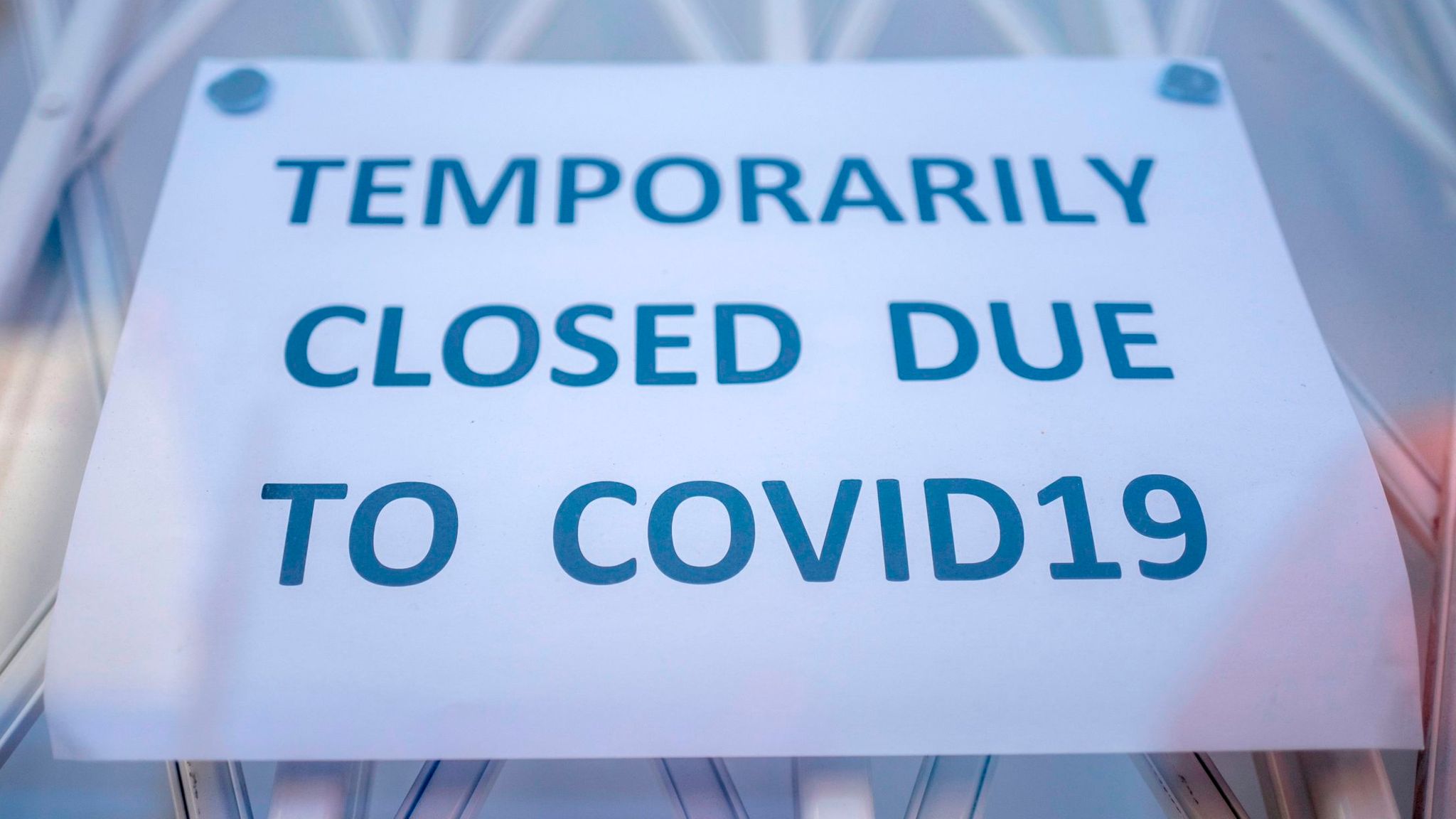While growing up, financial prudence was never a key lesson I learned. The main reason for this was that I did not know of any adult in my family that seemed to have it going for them money-wise. Auctions, car repossessions, and foreclosures were a common thing among my relatives. With this, family get-togethers would include a lot of complaining and sad talk about how money eludes our family name.
When I grew older and became more aware, it is when I realized that bad debt was eating us. None of the adults in the family were debt-free. Even worse was the fact that no one had a credit score that allowed them to get any viable financial help. I wanted to change this from an early age and I decided I would do that right. I started learning about debt and how to manage it, from using a secured loan calculator to speaking with financial advisors. When I went to college, I majored in a finance course because of the interest I built up over time studying debt management. Here are some tips I learned on how to manage debt.
1. Borrow Only What You Can Pay
One of the worst mistakes you can make when it comes to borrowing money is taking money that you cannot pay back. This is not just because it is harder to repay, but also the fact that it can cost you much more than the amount you borrowed. Let’s understand this with an example; you have borrowed about $100,000, and are unable to clear the debt. The stress from the piling debt might get to your head, and it could make you make irrational decisions, such as running away. While this may seem like a go-to decision, it is futile because legitimate money lenders can locate you with the help of companies such as Bond Rees Limited. Therefore, rather than borrowing more than you can afford and absconding, seek funding within your means, and work on different forms of repayment with your lender.
2. Never Borrow for Recurrent Expenditure
From an early stage in my life, I saw my parents and other family members repeatedly borrow money for their recurrent expenditure. By recurrent expenditure, I mean bills that come up every week, month, or year. Borrowing for such kind of expenditure more than once only means it will be a repetitive cycle that you will not get yourself out of. Have a budget that helps you track on your spending, more so the recurrent expenditure. Find ways to cut down on this budget and overall save more money.
3. Beware of Asset Possession
When you can’t pay back a secured debt, like a mortgage or a car loan, the lender can take back the thing you used as collateral. This is called repossession or foreclosure. It’s important to know the consequences if you can’t pay, because you could lose your home, car, or other important stuff. If you’re having trouble making payments, talk to your lender and see if there are other ways to handle it before things get bad. And if the lender isn’t treating you fairly or negotiating well, you can reach out to a repossession lawyer, like this Massachusetts Repossession Lawyer, to take any legal action against them.
4. Prioritize High-Interest Debt
When you have multiple debts, it’s crucial to prioritize paying off the ones with the highest interest rates first. High-interest debt, such as credit cards or personal loans, can accumulate significant interest charges over time, making it more difficult to pay off the principal amount. By focusing on the high-interest debt first, you can save money on interest payments and become debt-free faster.
5. Downsize If Necessary
If you have debt beyond control, downsizing your expenses may be necessary to regain financial stability. This could involve making tough decisions, such as selling assets or moving to a more affordable living situation. While downsizing can be challenging, it can also provide an opportunity to reassess your priorities and focus on what truly matters. For example, if your current house is too expensive to maintain with your current income level, downsizing to a smaller and more affordable home may be necessary. This could involve selling your current property and relocating to a more budget-friendly neighborhood or opting for a smaller, more manageable living space. Consider reaching out to professional moving companies like Happly (click here to visit their website) to facilitate a smooth transition to your new living situation. Additionally, seek financial counseling or assistance from professionals who can provide guidance on managing debt and creating a sustainable budget. Remember, taking proactive steps to address your financial challenges is the first step towards achieving greater stability and peace of mind.
6. Consult an Advisor Before Borrowing
Taking a straight loan is something that most of us in this current age find ourselves doing. The state of the economy and its limited resources are the main reasons for this. It is therefore important to embrace the fact that borrowed money could be the most viable way to get something done. It is worth it to identify a financial advisor with whom you can consult on matters finance. Such an advisor will help you gauge how you intend to use the money and how you can do that prudently. Additionally, this advisor will also help you come up with a repayment plan and provide tips on how to stick to it.
7. Negotiate with Creditors
If you’re facing financial difficulties and are unable to make your debt payments, consider reaching out to your creditors and negotiating a more manageable repayment plan. Many creditors are willing to work with borrowers who communicate their situation transparently and demonstrate a commitment to repaying their debts. You may be able to negotiate lower interest rates, extended repayment periods, or even a partial settlement of the outstanding balance.
8. Develop an Emergency Fund
One of the best ways to avoid falling into debt is by establishing an emergency fund. An emergency fund is a savings account specifically designated for unexpected expenses, such as medical bills, car repairs, or job loss. Having a cushion of three to six months’ worth of living expenses can help you weather financial storms without relying on credit cards or loans. Start by setting aside a small amount from each paycheck, and gradually increase your contributions as your financial situation improves.
9. Make Partial Payments
A serious misgiving that I observed at home as I grew up, is the attempt by my family members to repay their loans at once. While it is a good idea to make a lump sum payment on any loan you owe, it is not wise to do so if that leaves you with no money at all. This instance will see you fall back into debt as you try to meet your other expenses.
Making partial payments is the way to go if you’re looking to clear a loan. All financial institutions will offer you a loan repayment period. Calculate how much you will need to repay in total and divide with the time allocated. Commit to making partial payments regularly. This move not only helps to reduce the loan balance but also helps improve your credit score.
10. Seek Professional Help if Needed
If you’re struggling with overwhelming debt and feel like you’re in over your head, don’t hesitate to seek professional help. Credit counseling agencies can provide valuable guidance on budgeting, debt management strategies, and negotiating with creditors. In some cases, they may also be able to enroll you in a debt management plan, which consolidates your payments and potentially reduces interest rates. Remember, seeking help is not a sign of failure but rather a proactive step towards regaining control of your finances.





